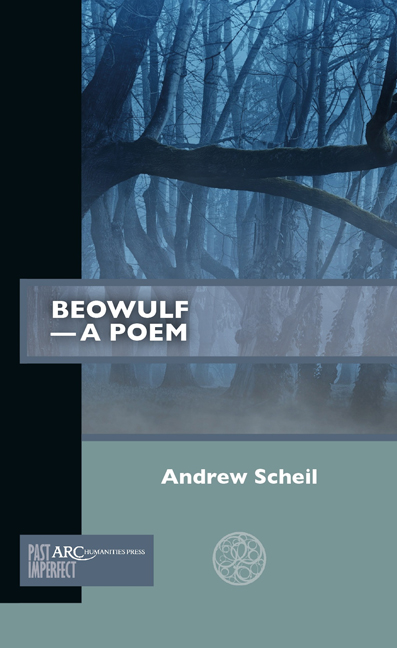Summary
A central premise for any humanist perspective is that doubt is the all-important ingredient for understanding the world and our place in it; that the acceptance of doubt—uncertainty, dubiety, ambiguity—is the beginning of knowledge and wisdom. Doubt enables thinking and reasoning; unquestioned certainty is, by contrast, a precondition for stasis and ignorance. Another version of this humanist precept is the Socratic cliché that ignorance is the beginning of wisdom; that understanding the limits of human knowledge is the precondition for a considered life.
I would also argue that a kind of doubt plays an important role in our engagement with literature. As Milan Kundera noted, literature allows us to try on “experimental selves”; at the moment of reading, a new perspective opens up for the reader as they interface with the literary text and sample its experience. This elusive moment may be consciously or unconsciously perceived; it may be slight or great; but the encounter is unavoidable in reading. In that illumination, the reader briefly measures the experience they find in the text (whatever that may be) against their own deepest self—registering doubt (if only for a moment), as they try on that different, experimental self. Now, that moment of doubt may be imperceptible or have no real effect. But it may also be something grander and transformative. The history of reading is filled with many such moments (“this book changed my life”), but the glory is that this kind of transformation is an everyday marvel. If any kind of literary encounter produces doubt of this kind, how much more so, when doubt itself is an explicit element of the literary experience, as in the case with Beowulf.
Now, if you’ve read Beowulf, you might not think doubt plays much of a role. Do not the voices of Beowulf tend to speak in absolute terms, and not in doubtful ones? “It is always better / to avenge dear ones than to indulge in mourning” (1385–86): Beowulf's resolute expression of the heroic code. Or a similar absolute metaphysical declaration voiced by the narrator: “The truth is clear: / Almighty God rules over mankind / and always has” (700–702).
- Type
- Chapter
- Information
- Beowulf , pp. 19 - 38Publisher: Amsterdam University PressPrint publication year: 2022

